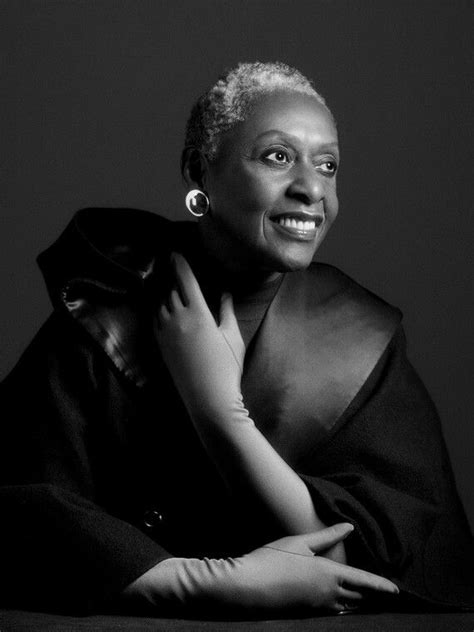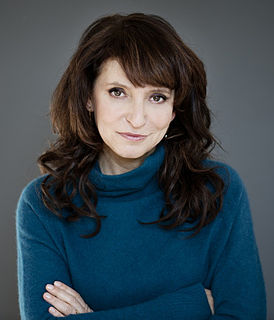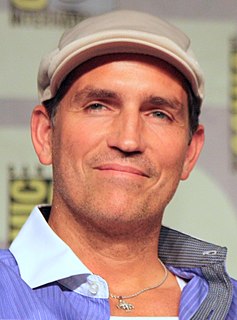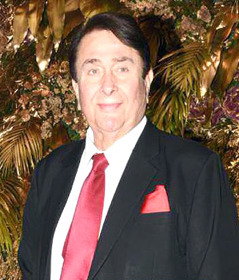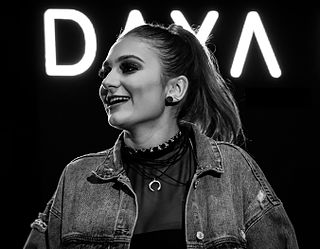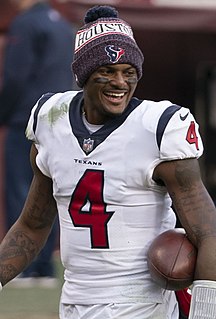A Quote by Rachel Caine
People talk about nature as a mother, but to me she's always been Medea, ready and willing to slaughter her children.
Related Quotes
I was the first person that had been so kind to Iman Abdulmajid. As time went on, and she became successful, signed with an agency, when she had to make big decisions, she wouldn't always talk to an agent, she'd ask me. I'd give her good advice and she'd be on her way. When I had ideas to do things like the Black Girls Coalition, I would always talk to her, she always loved my ideas. She trusts me.
My mother lived her life through movies and books - she read everything there was to read. And she read to me every night. I never went to sleep without her reading to me. And she fantasized about the book and she would talk about it, the place, and you would think that after she read the book and after she told you stories about it, that she had actually been there. I learned about story from her, and I learned the value of a great story, and the value of great characters.
Sometimes we adopt certain beliefs when we're children and use them automatically when we become adults, without ever checking them out against reality. This brings to mind the story of the woman who always cut off the end of the turkey when she put it in the oven. Her daughter asked her why, and her mother responded, "I don't know. My mother always did it." Then she went and asked her mother, who said, "I don't know. My mother always did it." The she went and asked her grandmother, who said, "The oven wasn't big enough."
One thing about my mother is that she has her taste: She knows what she likes and what looks good. It's not studied. There is no insecurity in what she is going to wear, and I think that translates into effortlessness. Her career has been a steady rise, and it hasn't been about the fashion of the moment. It's been because she has kept to her style. She didn't go grunge when it was grunge, or 70's when it was 70's. It's about being secure with what you like and not worrying about what's in fashion that particular day. That's what I admire about her.
My mother had been an incredibly bright kid but her family couldn't afford for her to stay in education. So she lived through me. She was a very remarkable woman and I owe a huge debt to her. She was unashamed about delighting in the fact that I was intelligent, and she drove and pushed me. She was also completely indifferent to popularity.
The idea of the book ["The Japanese Lover"] came in a conversation that I had with a friend walking in the streets of New York. We were talking about our mothers, and I was telling her how old my mother was, and she was telling me about her mother. Her mother was Jewish, and she said that she was in a retirement home and that she had had a friend for 40 years that was a Japanese gardener. This person had been very important in my friend's upbringing.
And in the same way, FDR's not much of a father. Although the children in all their memoirs really talk about what a fun-loving guy Dad was, and how brooding and unhappy Mom was. The children sort of blame it all on the mother. Well, this is kind of standard and typical, and aggrieved Eleanor Roosevelt that she was not a happier mother. She wanted to be a happier mother. And I must say, she was a happier grandmother.
I have always gone to nature, since I was a kid. I was brought up in the woods, I did not have lots of friends, so I spent lot of time alone. My mother always loved to live in the forest; she loved gardens, birds and nature and taught me a deep respect for that. She taught me about growing food and vegetables and to take care of animals. They also have feelings. So nature was always something sacred for me, the place I can go, meditate and pray. It's like a church in the nature for me.

